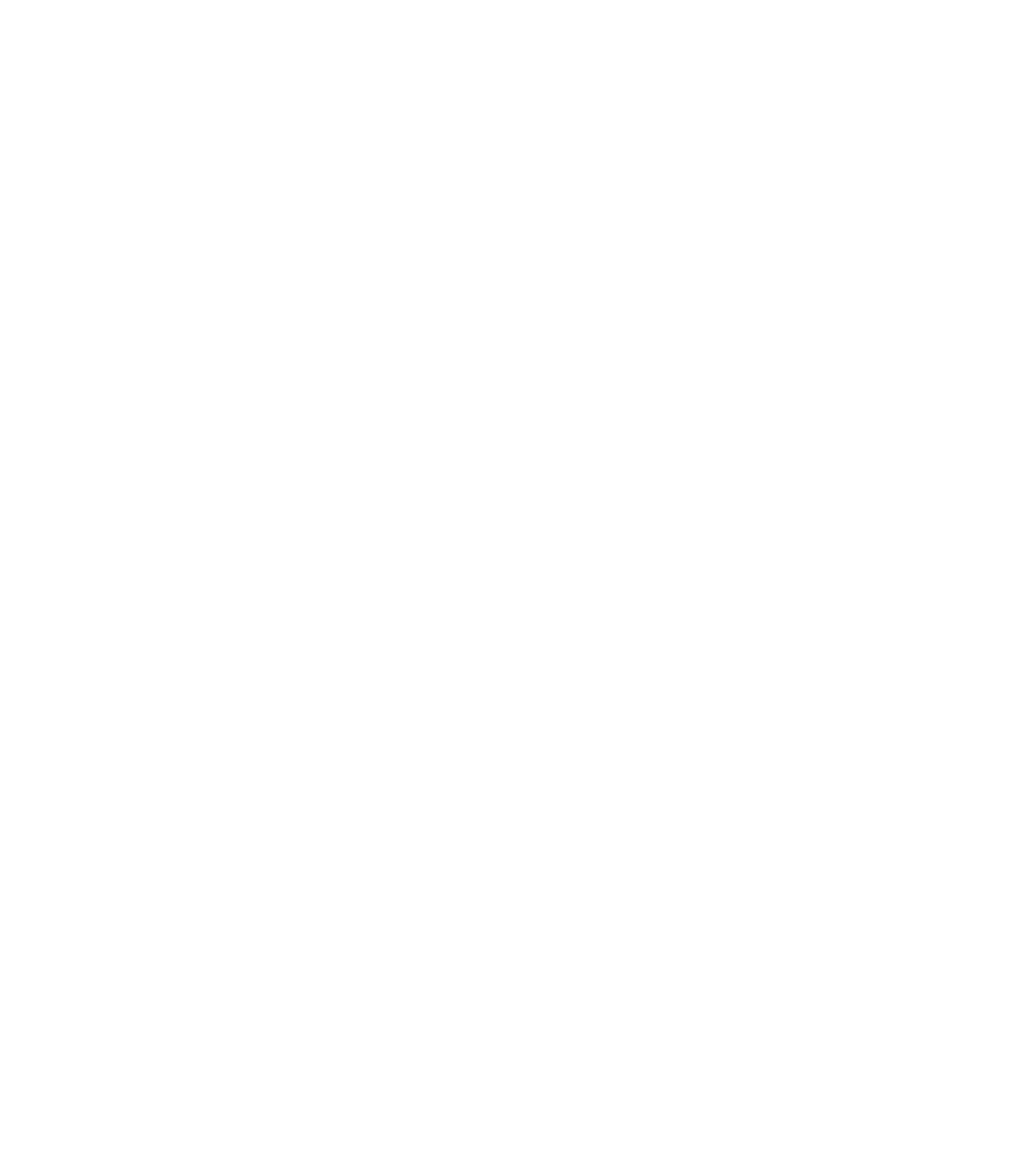Depression functional is a term used to describe individuals who suffer from depression but continue to function in their daily lives, often maintaining a facade of normalcy. Recognizing the signs and seeking help early can significantly improve mental health outcomes and overall quality of life. This article will explore the signs and symptoms of functioning depression, its causes, and the available treatment options. Additionally, we will highlight the importance of seeking help from professionals, such as those at Unconventional Psychotherapy in Lehi, UT.
Understanding Depression Functional
What Does It Mean to Be Functionally Depressed?
Functionally depressed individuals may experience depressive symptoms while continuing to work, maintain relationships, and participate in daily activities. Often, they use coping mechanisms to hide their symptoms, which can make it challenging for others to recognize their depression.Definition of Depression Functional
Functional depression is a form of high-functioning depression where individuals can manage their day-to-day responsibilities despite experiencing depressive symptoms.Comparison to Other Types of Depression
Depression functional is distinct from other types of depression, such as major depressive disorder, as individuals with depression functional may not exhibit the same level of impairment in their daily functioning.Difference Between High-Functioning Depression and Regular Depression
High-functioning depression refers to a state where individuals experience depressive symptoms but can still function in their daily lives. Regular depression, on the other hand, often has a more significant impact on an individual's ability to carry out daily tasks, work, and maintain relationships.Functional Effects of Depression
Depression functional can impact an individual's work performance, daily activities, and social life. People with depression functional may:- Struggle with decision-making
- Experience difficulties in concentrating
- Have decreased productivity at work
- Face challenges in maintaining relationships
- Experience a decline in their overall quality of life
Signs and Symptoms of Functional Depression
Recognizing the signs and symptoms of functional depression is essential for early intervention and treatment. These symptoms can be emotional, cognitive, physical, or social and functional.Emotional Symptoms
- Persistent sadness or emptiness
- Feelings of hopelessness, guilt, or worthlessness
- Irritability or restlessness
Cognitive Symptoms
- Difficulty concentrating or making decisions
- Negative thought patterns
- Memory problems
Physical Symptoms
- Fatigue or lack of energy
- Changes in appetite or weight
- Sleep disturbances
Social and Functional Symptoms
- Withdrawal from social situations
- Decreased interest in hobbies or activities
- Maintaining a facade of normalcy
Risk Factors and Causes of Depression Functional
Several factors can contribute to the development of high functioning depression, including biological, psychological, and environmental factors.Biological Factors
- Genetics
- Brain chemistry
- Hormonal imbalances
Psychological Factors
- Personality traits
- Early life experiences
- Coping mechanisms
Environmental Factors
- Chronic stress
- Traumatic events
- Relationship issues
Importance of Seeking Help for Functional Depression
Seeking help for high functioning depression is crucial for preventing the worsening of mental health, strained relationships, and decreased job performance. Early intervention can lead to improved mental health outcomes, enhanced quality of life, and better relationships and job satisfaction.Seeking Help in Lehi, UT
If you live in Utah or the Lehi area and are struggling with functional depression, consider reaching out to the experienced therapists at Unconventional Psychotherapy. Their compassionate and knowledgeable team can help you navigate your mental health journey and provide the support you need to overcome depression functional.Treatment Options for Depression Functional
There are various treatment options available for individuals struggling with depression, including psychotherapy, medications, lifestyle changes, and support systems.Psychotherapy
- Cognitive-behavioral therapy (CBT): CBT focuses on identifying and changing negative thought patterns and behaviors, helping individuals develop healthy coping strategies.
- Interpersonal therapy (IPT): IPT addresses relationship issues and communication skills, helping individuals better manage their social interactions.
- Psychodynamic therapy: This approach explores unresolved issues from the past that may contribute to the individual's current depressive symptoms.
Medications
- Antidepressants: These medications can help regulate mood by balancing neurotransmitters in the brain.
- Anti-anxiety medications: These drugs may be prescribed to alleviate anxiety symptoms that often co-occur with depression functional.
- Mood stabilizers: In some cases, mood stabilizers may be prescribed to help regulate emotional fluctuations.
Lifestyle Changes
- Regular exercise: Engaging in physical activity can help boost mood, reduce stress, and improve overall mental health.
- Healthy diet: Eating a balanced diet rich in nutrients can support brain function and emotional well-being.
- Adequate sleep: Ensuring that you get enough rest is crucial for maintaining mental health and managing functioning depression symptoms.
Support Systems
- Family and friends: Connecting with loved ones and sharing your experiences can provide essential emotional support during difficult times.
- Support groups: Joining a support group can help individuals with functional depression connect with others who have similar experiences and share coping strategies.
- Online communities: Participating in online forums or social media groups can offer a sense of community and support for those struggling with depression functional.
- National Institute of Mental Health: Learn more about depression and its various forms, including symptoms, risk factors, and treatment options.

